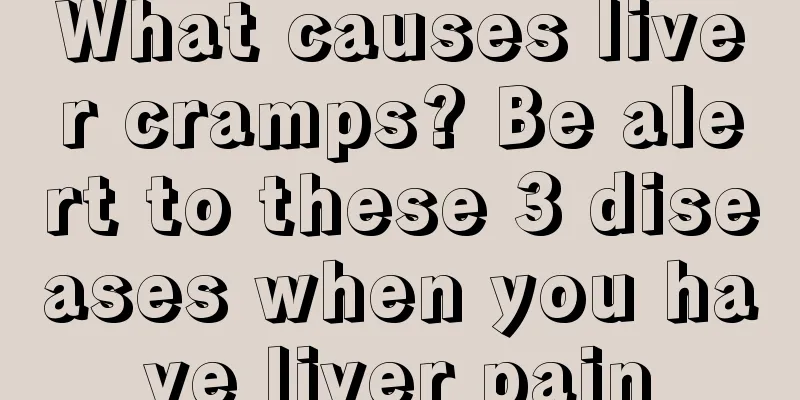Immunotherapy helps esophageal cancer patients recover

|
"Doctor, you must save my grandma! My grandma and I depend on each other, and nothing can happen to her!" The granddaughter Xiaomei choked up and cried to the doctor. Recurrence of medical history Grandma Zhang is 66 years old this year. She was diagnosed with esophageal cancer two years ago. Shortly after the surgery, pathological examination of Grandma Zhang found metastasis of the paraesophageal lymph nodes, which made Grandma Zhang and her family very anxious. The doctor recommended chemotherapy immediately. However, Grandma Zhang was old and in poor health. After only one course of chemotherapy, she could not tolerate the side effects of chemotherapy, so she stopped all treatment. As the saying goes, "When illness strikes, it's like a mountain falling." Soon the doctor discovered several small nodules under Grandma Zhang's skin, which were rapidly growing in size. A chest CT scan showed diffuse metastatic nodules in both lungs. Finally, the doctor said that the nodules under Grandma Zhang's skin were a recurrence and metastasis of esophageal cancer. DC+CIK cell therapy The doctor carefully studied Grandma Zhang’s case and asked in detail about her specific condition, and developed a DC+CIK cell treatment plan. The doctor introduced the advantages of this therapy to Grandma Zhang: it is effective for both primary tumors and metastases; it can effectively eliminate residual tumor cells after surgery and prevent tumor recurrence; it has few side effects, and currently only fever or cold-like side effects have been found; it will not damage normal tissues, and can enhance the body's immunity and improve physical condition. As instructed by the doctor, Grandma Zhang underwent immune conditioning for a period of time. After her body had basically returned to normal, the doctor drew Grandma Zhang's peripheral blood to collect mononuclear cells, performed in vitro cell separation, induction, activation, culture and expansion, and then prepared DC-CIK cells and infused them back into Grandma Zhang's body. Treatment Outcomes After one course of DC+CIK cell therapy, Grandma Zhang's metastatic tumors miraculously shrank gradually. After two courses of treatment, Grandma Zhang's subcutaneous metastatic lesions basically disappeared, and a chest CT scan showed that all lung metastatic tumors had disappeared. Grandma Zhang's current situation Now Grandma Zhang has recovered and been discharged from the hospital. When Xiaomei is free, she takes walks and chats with her grandmother. Their laughter is filled with the happiness of family life. |
<<: Immunotherapy helps Mr. Wang say goodbye to laryngeal cancer
>>: 3 food therapies to fight colon cancer
Recommend
Can patients with Qi and blood deficiency type liver cancer eat black sesame soy milk? Can liver transplantation completely solve the liver cancer problem?
Liver transplantation can completely solve the pr...
Histological types of small cell lung cancer
According to the WHO standard, small cell lung ca...
Will there be bleeding after conception?
Theoretically, women's bodies will undergo ma...
How long can you live with stage 4 brain cancer?
For brain cancer, it is best not to choose Wester...
What are the symptoms of peripheral arteriosclerosis?
Peripheral arterial sclerosis often occurs in the...
How does the lung detoxify?
We all know that the lungs are the organs our bod...
What foods should you eat to sober up after being drunk?
Drinking is often involved in meals and social ga...
Where to start caring for bronchial lung cancer? 7 effective nursing methods for bronchial lung cancer
Clinical care for patients with bronchogenic lung...
The harm of tongue cancer cannot be ignored
I believe that everyone has a certain understandi...
What can't you eat if you have hyperplastic scars
In our daily life, there are many people who are ...
How to clean tea stains from a thermos cup?
In daily life, many people like to drink tea. Dif...
Three dietary therapies for patients with gallbladder cancer after surgery
Gallbladder cancer patients suffer severe damage ...
What are the early signs of nasopharyngeal cancer?
In recent years, nasopharyngeal carcinoma has bec...
What are the causes of testicular cancer?
What are the causes of testicular cancer? In real...
What are the dangers of arterial embolism?
The harm caused by arterial embolism is relativel...









